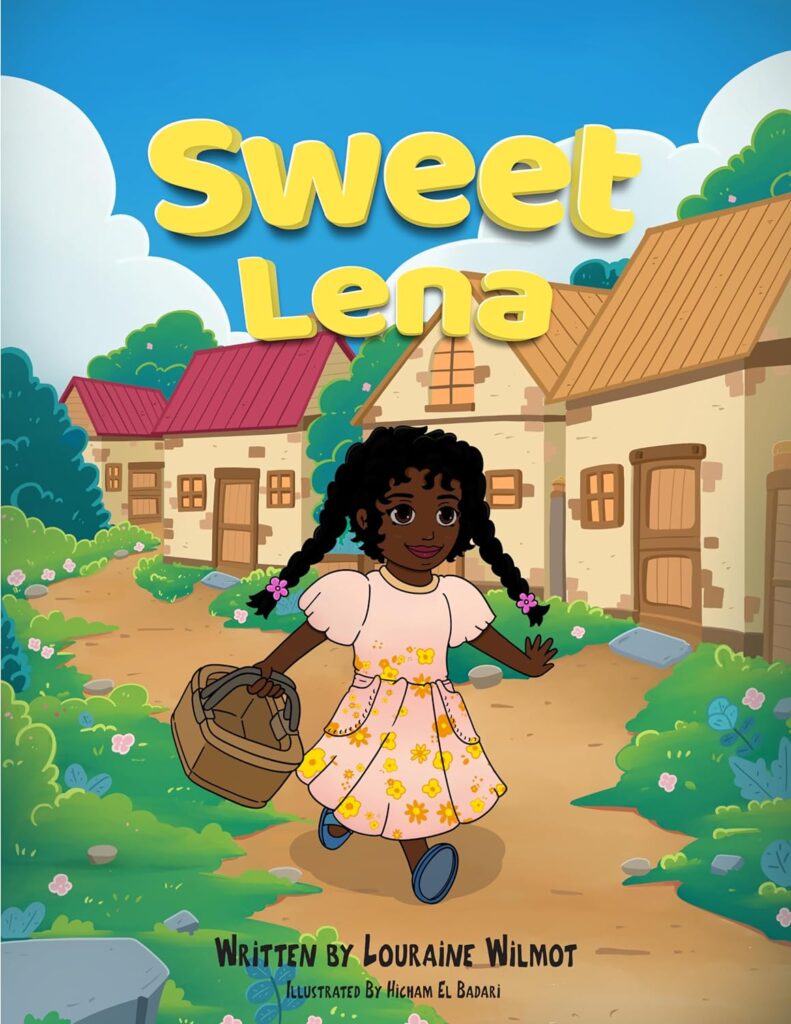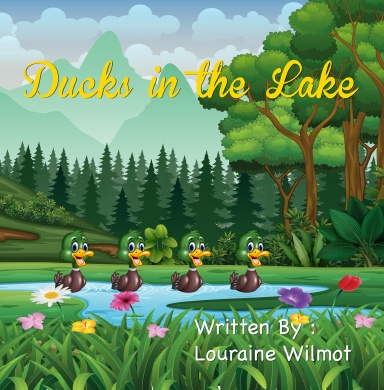Why Do You Communicate?

We communicate with other people because we want to present information, receive information and build social bonds. Our relationships are the key to our existence so when we communicate, both the sender and the receiver should feel satisfied that their needs have been met. In addition, people may engage in lighthearted conversations or social chats with others without intending to have a serious conversation but rather to interact for fun or pleasure. Positive expression is powerful!
Conversation starters and communication tools you may like:
Do You Practice Emphatic Listening?

By actively listening and paying attention to the message being sent one is able to connect with the feelings of another. Quite often, many of us believe we know what the other person will say next and stop listening. We tune them out and become focused on getting our word out that we miss the non-verbal cues and lose the important information being delivered from the speaker. We must allow others to fully express themselves before we start speaking to avoid offending them.
Actively listening will allow you to receive the important information necessary to respond positively. Positive communication builds strong, healthy and respectful relationships.
Is Your Communication Clear? Positive Expression is Powerful!

Good relationships require clear, precise and plain language to engage the person with whom you are interacting. Communicating on a personal or business level requires the same amount of attention to be effective. On a business level, poor communication and lack of openness may result in unforeseen results, no results and goals not being achieved. On a personal level, relationships may suffer when guessing is involved and may lead to anger and frustration.
Do You Avoid Judgment When Communicating?

We live in a diverse environment where many people speak different languages. One should not assume that another is inferior or superior because of the language they speak. How often does someone on the street address you in a language you do not speak? How do you react? Your inability to assist may make you uncomfortable, possibly sad, and the other person may leave feeling confused. Thanks to applications such as Microsoft Translator and Google Translate we can communicate in different languages. Understanding and appreciating the cultural diversity in your communities will allow you to see the value in each other and help you mitigate these types of situations.
To strengthen our global relations we must practice patience when communicating with others who do not speak the same language.
“Alone we can do little, together we can do so much “
Helen Keller.
T’s Writing Tip’s:
- Avoid using capital letters when writing emails or memos since it appears as though you are shouting at the receiver.
- Proofread; check for grammatical errors or word context. Using tale and tail as an illustration. The phrase “it’s a good tale” adopts a different connotation when it written as” it’s a good tail.”
Connect with us @ https://t-worktalk.com/ and be inspired!
Disclosure: The views and opinions expressed on this blog are my own. The content may contain affiliate links. Product claim, statistic, quote, or other representation about a product or service should be verified with the manufacturer, provider, or party in question. As an Amazon Associate I may earn from qualifying purchases.
Follow us on social media:



It is common practice for me to make a mental effort to talk less and listen more and let the person go first and not rush to judgement.
Wow, empathetic listening is very important. The little things we seem to overlook. Thanks!
I will keep these in mind. I do want to be more positive when I communicate and these are great ideas.
These are wonderful tips to help improve communication. It is really important to listen to others.
The listening part is so important to communication. I have to remind myself to do just that.
It’s very true. Positive communication can help when communicating with others. This can help create good relationships.
Communication does become much easier when we remember to just… speak plainly.
I love to be a good listener. And I like always to have a good communication with others. These tips will definitely improve myself in this field!
Being a good listener is rare. It’s such a good quality to have… and it’s noticed and appreciated (probably because it’s rare). 🙂
I am more of a listener than a talker. Always has been. So yes, I do practice emphatic listening.
I think a lot of people struggle with communication, whether or not they realize it. It is always good to work on having better communication.